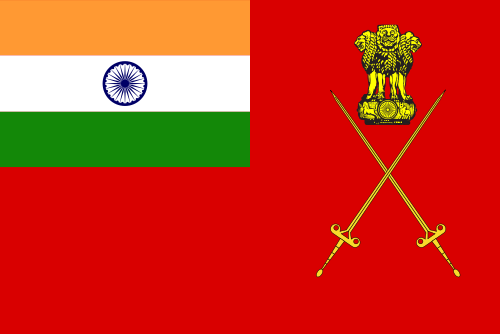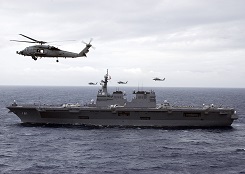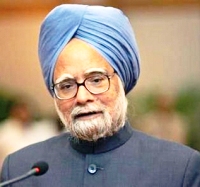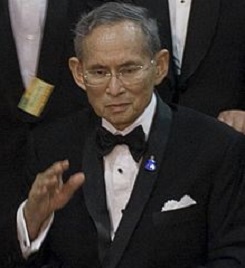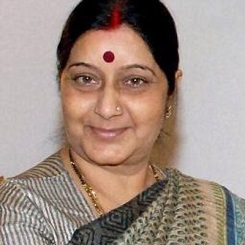By Arun Sahgal* | IDN-InDepth NewsViewpoint
NEW DELHI (IDN | IDSA) – The NDA (National Democratic Alliance) government – headed by Prime Minister Narenda Modi – has identified defence reforms and building a self sustaining defence industrial base as a priority reform sector. To transform this into reality, it is not so much of the government commitment but its ability to take policy decisions and put processes in place by spurring public and private sector investments through higher indigenisation, transfer of technology, simplifying procedures, etc.

